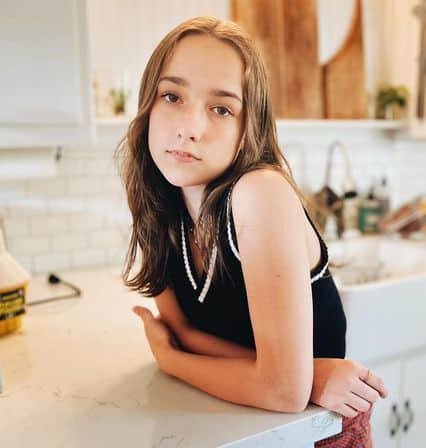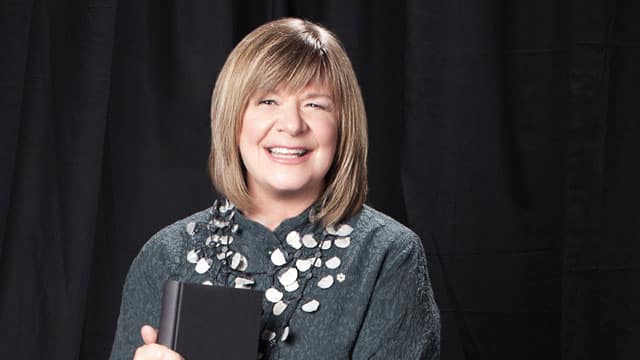

It was like you went out and then found someone who would scoop you up. I was primarily interested in the idea of flappers from the 1920s and that kind of social mobility that was more common with them. MG: For me, I was obviously living a pretty similar lifestyle. PDR: I'm interested in what you were reading or what led you to do Happy Hour in the style that you did? I'm thinking of Iris Owens, Eve Babitz, Elaine Dundy, and maybe Jean Rhys but I guess she's maybe more sad. I'm interested with your book and the lineage of-I want to say party girl books but not in a diminutive way-books that are full of intelligence and parties and women. I mean, I'm also known for carrying a really small bag, so there's not much else I can fit.

The things that I used to carry in my purse if I didn't know where I was going would be my contact lens case, a small toothbrush, and that was it. It was like so I could have my journal and a book.

Then I reached a certain age, and I was like, actually it's kind of a little crazy to go out with a backpack everywhere, like on the dance floor of a gay club. I'd go out with a backpack, like a huge backpack, because I never knew where I'd end up. PDR: I remember I would always go out like a loser when I was younger. MG: Well, when I was younger and I was going out a lot, I would always say that if there weren't purse hooks under the bar, the bar was misogynist. PDR: I think that's fair to complain about. So anyway, I was complaining to my local bartender about that. MG: No, there was nothing, so I just put it on the table, which is like, I feel a little rude. Would they cloak it or was there just nothing?

Like, it's bad luck to put your purse on the floor. I was at the bar talking about how I went to a restaurant last week, and it was a pretty upscale place, but they didn't have a place for my bag. MG: Was I out? I go to my three local bars about a block away from me, so I don't know if that's considered going out. PDR: Were you out last night? I saw a tweet that you were at a bar that maybe did or didn't have a purse hook. Paul Dalla Rosa: So it's morning for you? We talked about party girls, microcelebrity, publishing, and fashion. We spoke over the phone, Marlowe in Toronto and me in Melbourne. Granados' sentences are thrilling, wry and written with the seemingly effortless elan of a true stylist. Happy Hour follows two young women over a New York summer as they go to parties and art openings, alternating between dining on instant noodles or sea urchin and wagyu if someone else is paying. She co-hosts The Mean Reds podcast and her debut novel, Happy Hour, came out in 2021. Her writing has appeared in The Baffler, Harper's Bazaar and Real Life. Marlowe Granados is a writer and filmmaker.


 0 kommentar(er)
0 kommentar(er)
